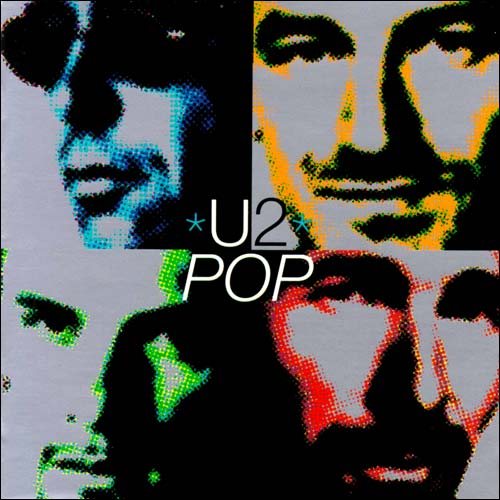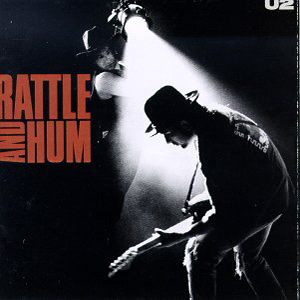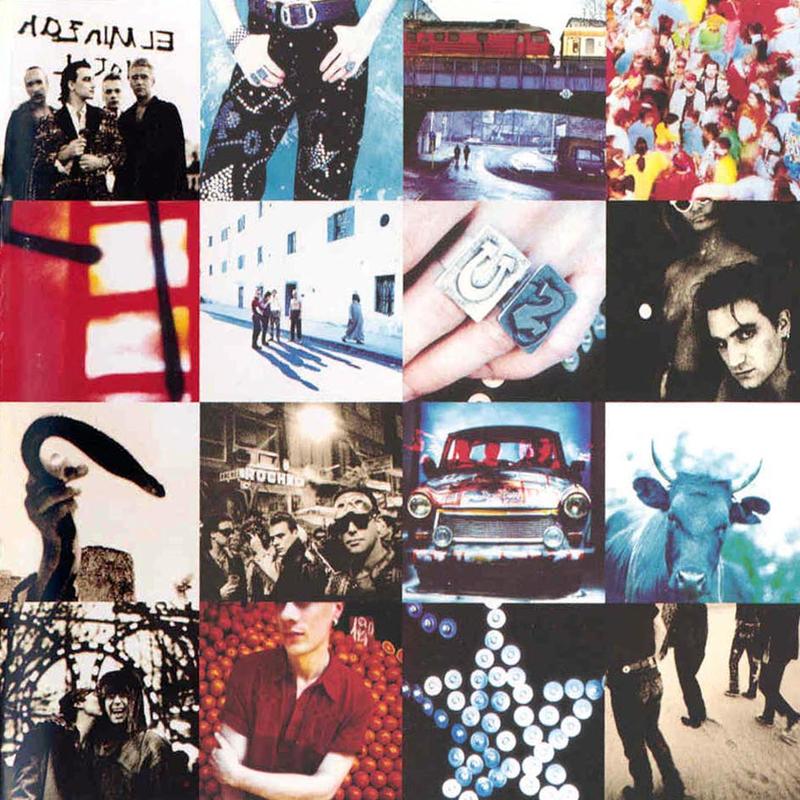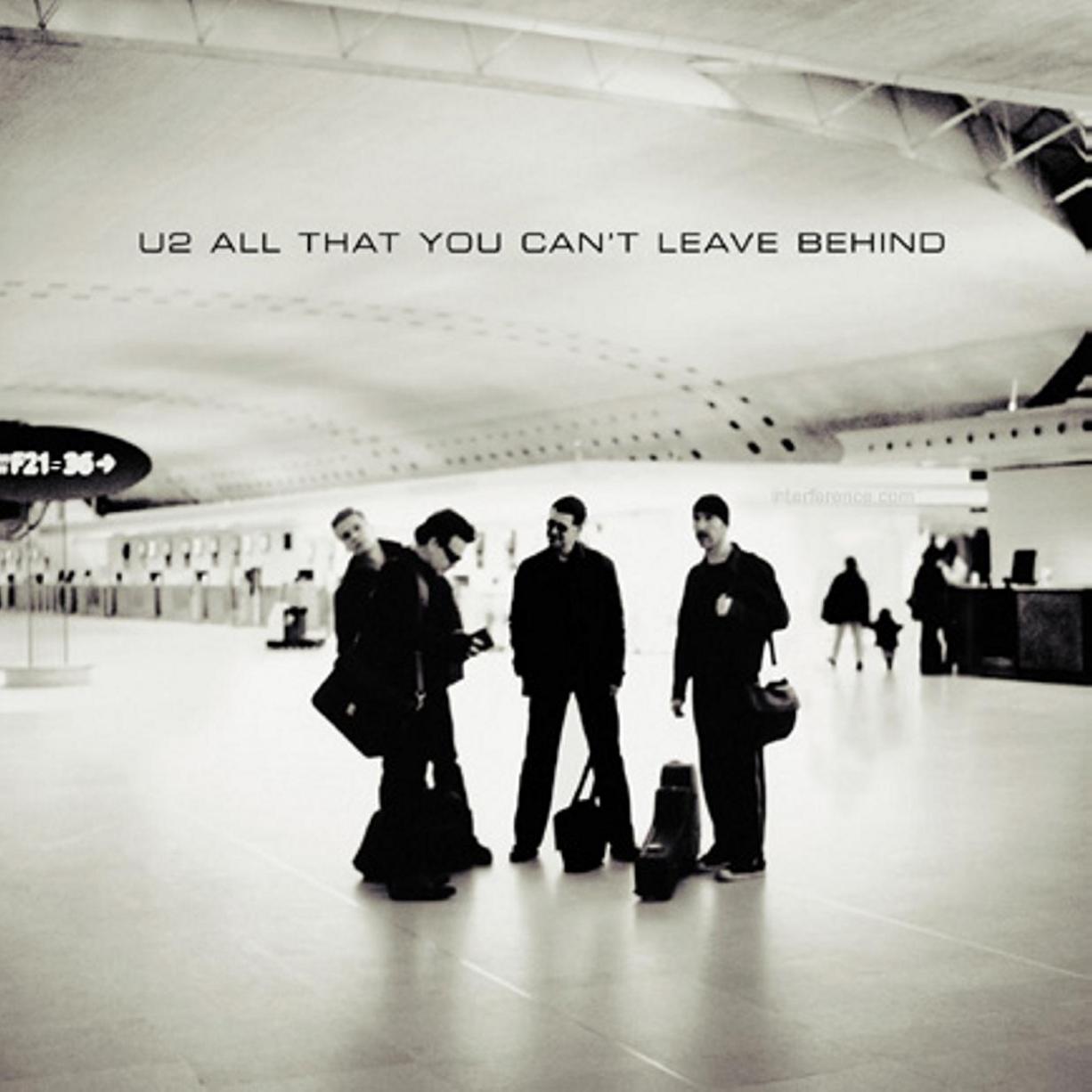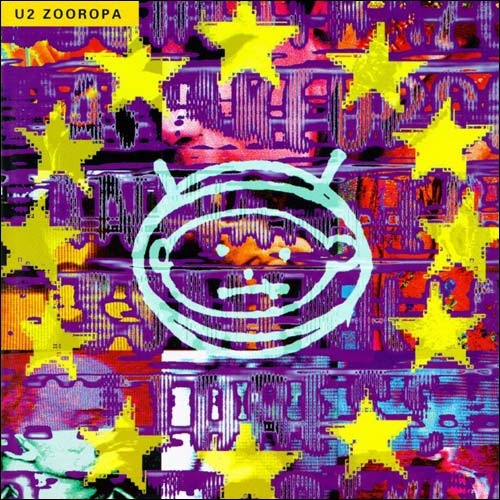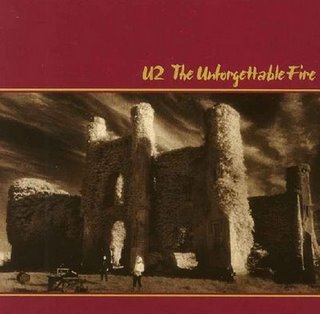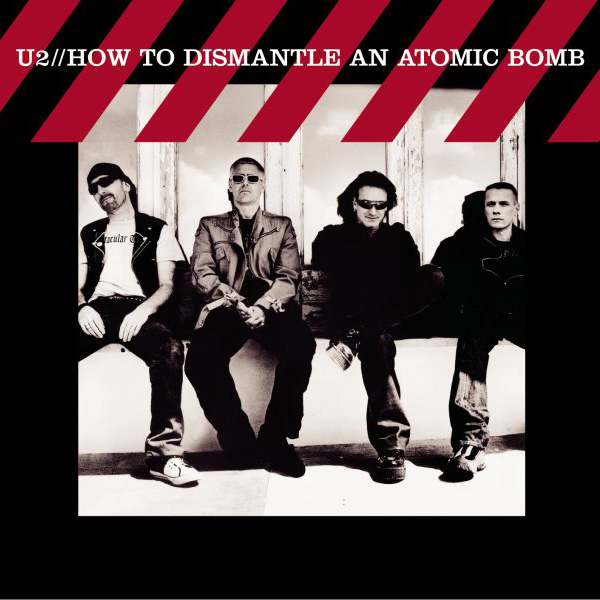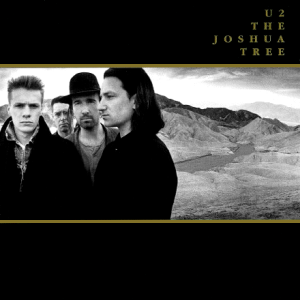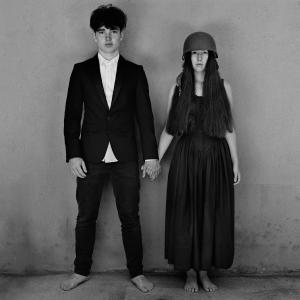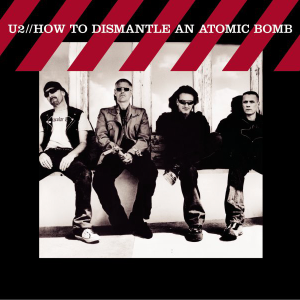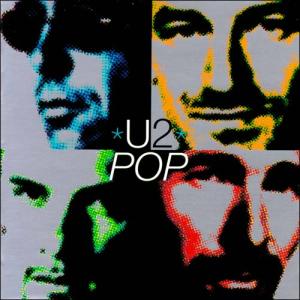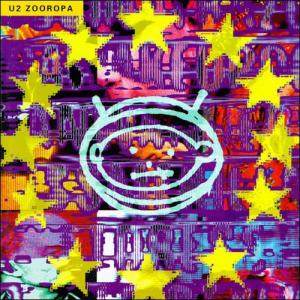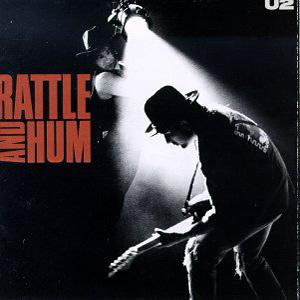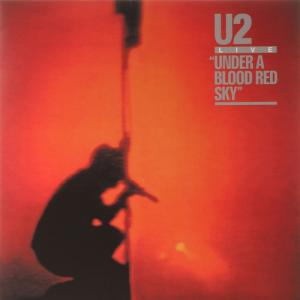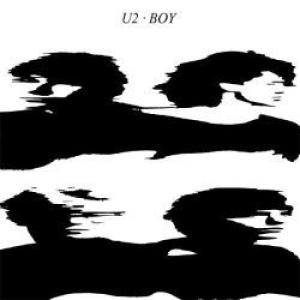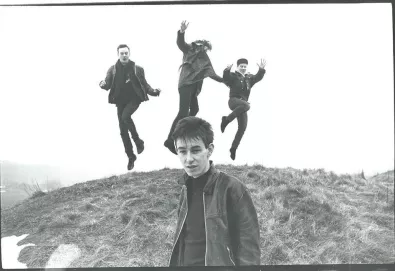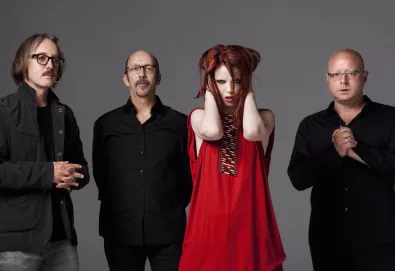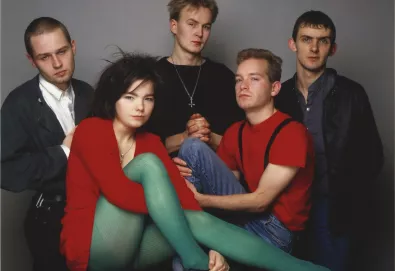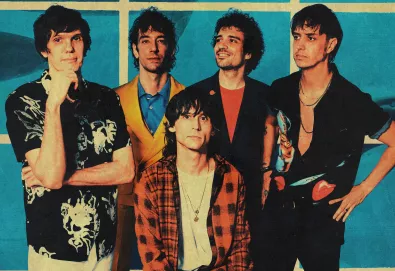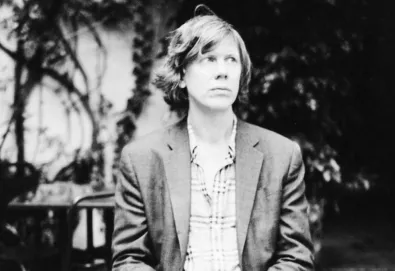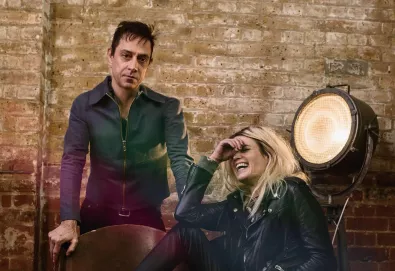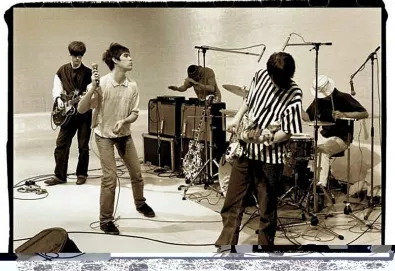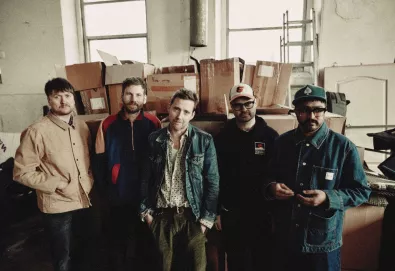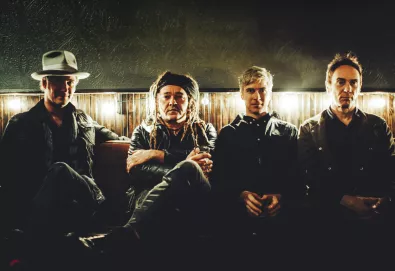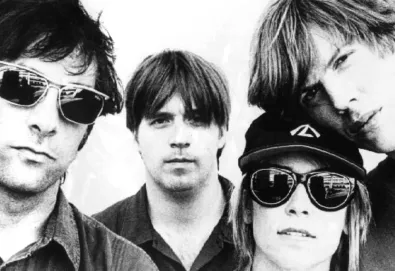U2's trajectory is hard to compare with that of any other rock group. The band was considered one of the best of the 1980s and went on to release some great albums through the 1990s. And with the same line-up. Bono (vocals), The Edge (guitar), Adam Clayton (bass) and Larry Mullen (drums) got together in 1977 in Dublin. At first, they played covers of the Rolling Stones and the Beach Boys under the name Feedback. They later changed their name to The Hype, and in 1978, to U2.
Why U2? A play on the pronunciation of "you too". After a few EPs, the band released Boy (1980), an album that already showed a band with vigor and attitude in songs of passion and faith. Qualities that were repeated in October (1981), in the excellent War (1983) — which featured the hit "Sunday Bloody Sunday" —, with The Unforgettable Fire (1984) and in the acclaimed The Joshua Tree (1987).
In 1988, the Irish band released Rattle And Hum, an album produced in the US, with covers and live recordings. Achtung, Baby (1991) is the album that marked a change in the group's sound. U2 left basic rock aside and began to take an interest in electronic music. Thus, Achtung, Baby, Zooropa (1993) and Pop (1997) are full of techno influences, with very danceable tracks.
On the Pop album tour, the band performed in Brazil in early 1998. All That You Can´t Leave Behind, released in 2000, is a more pop album, but Bono's striking voice and the band's sharp instruments are still present. Highlights include the beautiful songs "Beautiful Day" and "Elevation".
U2 then released How to Dismantle an Atomic Bomb (2004) and No Line on the Horizon (2009). In 2014, the group released Songs of Innocence. Their fourteenth studio album, titled Songs of Experience, arrived in 2017.
- Origin:








